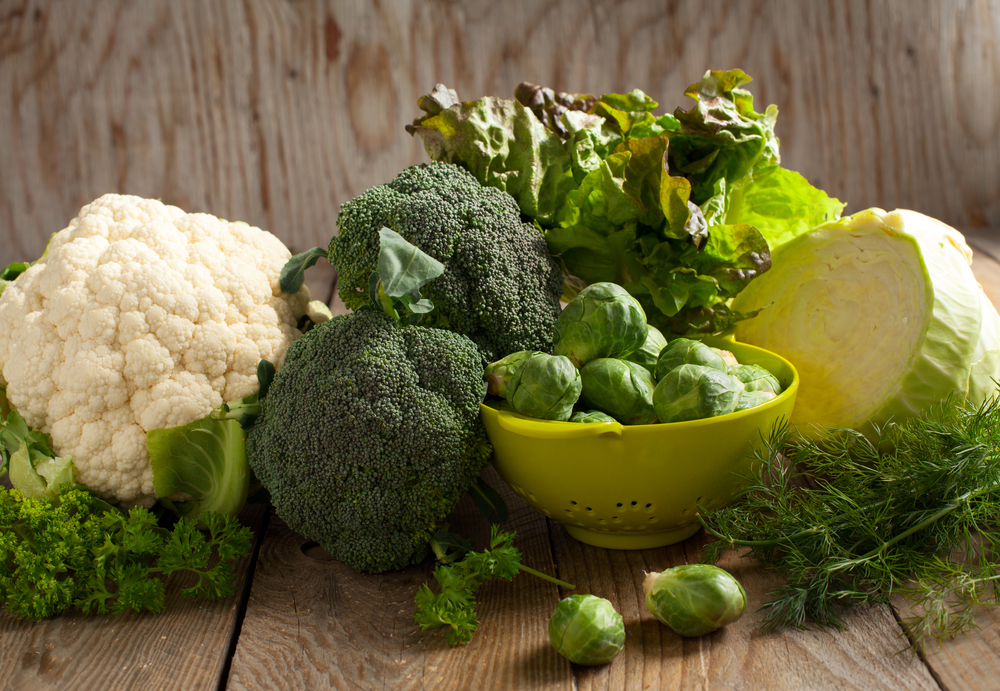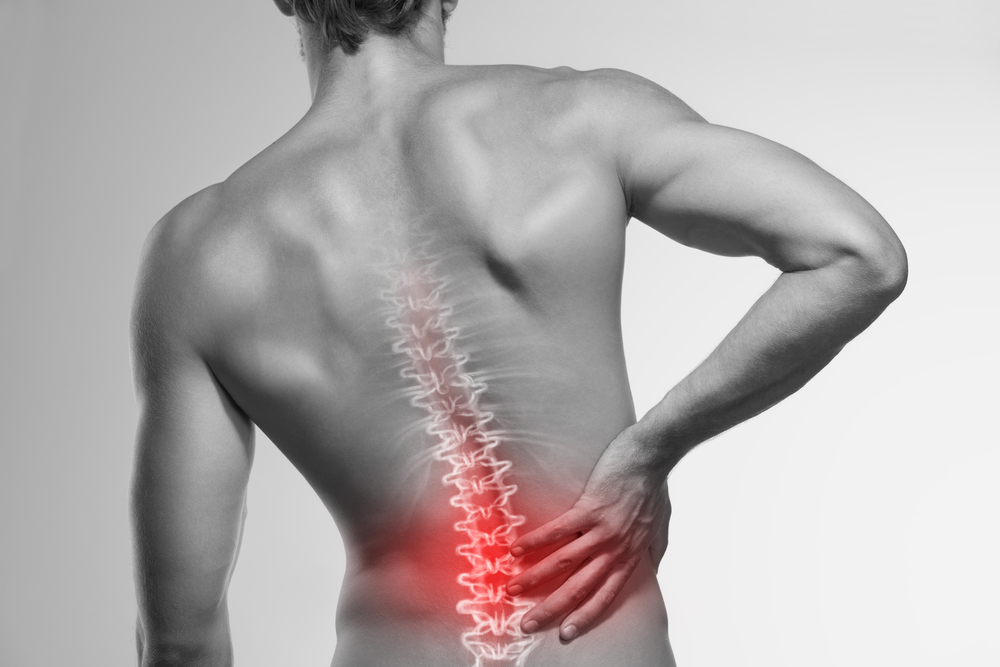Eating more plant protein can help you live longer

Swapping meat for plant protein may help you to live longer according to a recent study from Belgium[i]. The findings were drawn from the results of 32 research papers involving over 7,000 people. Good sources of plant protein include beans, lentils, chickpeas, nuts and quinoa. The researchers also observed that plant proteins had a positive effect on blood pressure, cholesterol and blood sugar levels.
Living in greener spaces can boost children’s development

Growing up in a greener urban environment which includes parks, gardens and trees can help to boost children’s intelligence as well as help reduce behavioural problems. So says a study carried out at Hasselt University in Belgium[ii]. The reasons? It may be linked to having less stress and more areas in which children can play and socialise ‘Greenness is good for giving children playgrounds, important for healthy development as well as bringing social cohesion and stress reduction which can improve attention span,’ said researcher Professor Nawrot. ‘If you have more greenery there is also less air pollution,’ he adds.
Eating more cruciferous vegetables can reduce the risk of heart attack and stroke

Like it or not putting broccoli on your plate is good for your health by reducing the build up of calcium in blood vessels. And this is good news for keeping heart attacks and strokes at bay report researchers from Edith Cowan University in Perth, Australia[iii]. Their findings reveal that people who ate more cruciferous vegetables including cabbage, sprouts, kale and cauliflower were almost half as likely to develop blood vessel disease as those who ate few or no cruciferous vegetables every day.
It is also important, however, to look at your whole diet. A Mediterranean diet for example, which is rich in fruit and vegetables and includes oily fish, wholegrains, nuts seeds, beans and lentils has also been proven to reduce the risk of a heart attack and stroke.
Back Care Awareness

This year’s Back Care awareness week runs from October 5th – 9th and if you are one of the 2.5 million people in the UK thought to suffer with back pain on a daily basis you will know just how debilitating it can be. But however tempting it may be to take to your bed, the secret is to keep moving and to avoid sitting in one position for too long.
There is also a herb long favoured to relieve back pain called devil’s claw – it got its name because of the vicious hooks on its fruits which stick to animals’ feet. Several studies now show that this herbal remedy long favoured by the Kalahari bushman may help to soothe the ache.
It’s not known exactly how devil’s claw works but its tubers have a number of active chemical compounds that have been studied extensively by scientists. One of the most important are harpagosides, which research shows have anti-inflammatory and analgesic properties.
Visit the Back Care website for more advice.
[i] Jiaqi Huang et al. Association Between Plant and Animal Protein Intake and Overall and Cause-Specific Mortality, JAMA Internal Medicine (2020). DOI: 10.1001/jamainternmed.2020.2790
[ii]https://journals.plos.org/plosmedicine/article?id=10.1371/journal.pmed.1003213
[iii] www.heartfoundation.org.au/media-releases/Broccoli-and-Brussels-sprouts-a-cut-above





















Add comment